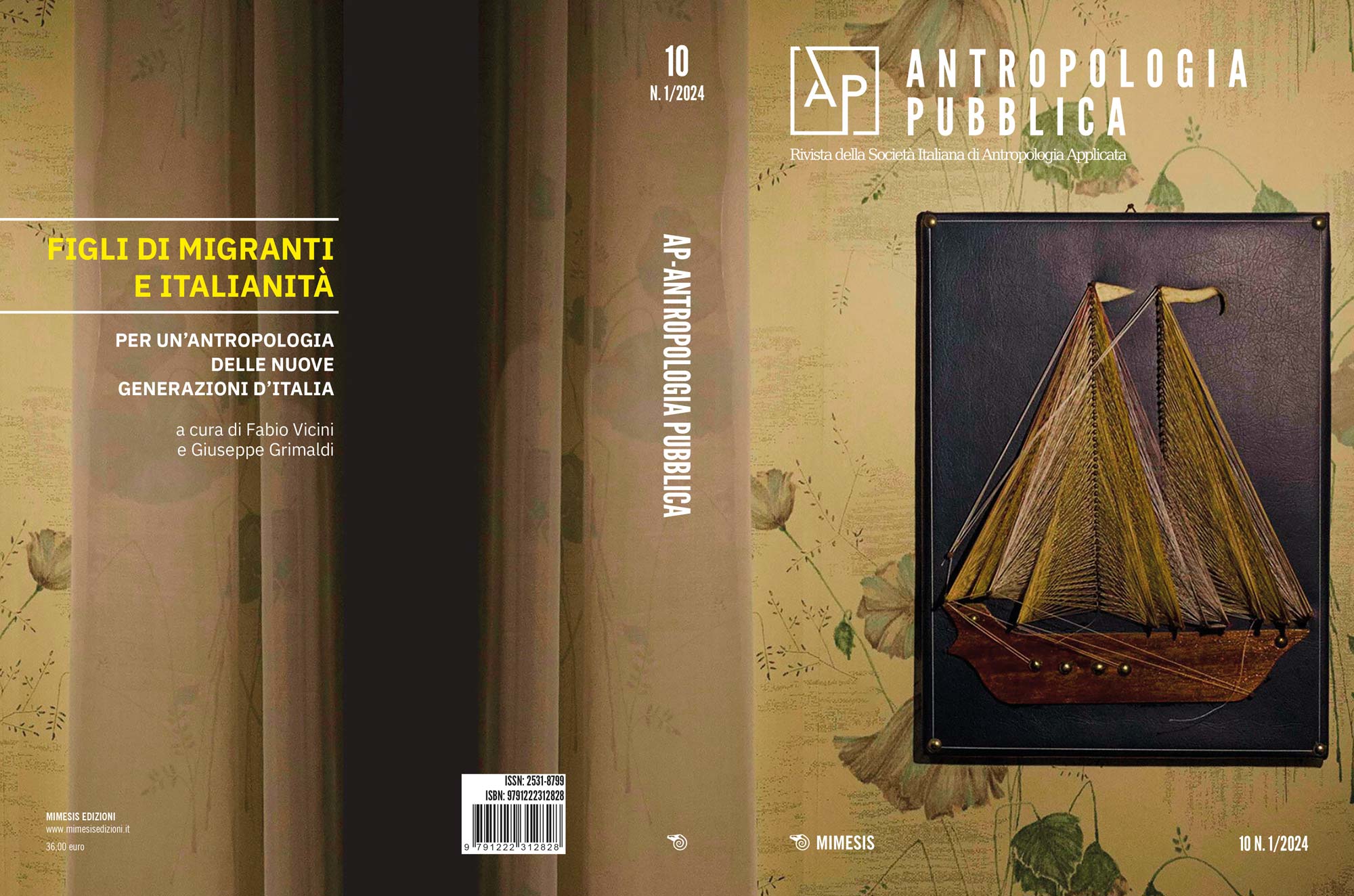Figli di un Dio minore? Eredità migratorie ed alterità nelle scuole di confine
DOI:
https://doi.org/10.7413/2531-8799004Palabras clave:
Italianness; border; migrant children; schooling; social exclusion.Resumen
Based on a brief historical analysis of the educational and social integration of the children of migrants in the Trieste border area after the Second World War, this paper seeks to deconstruct the categories of “second generation” and “children of migrants” through a comparative analysis of these concepts as applied to the construction of “Italian-ness” and Italian citizenship in the school, then and now. The aim is to show how the uncritical construction of such labels produces radical otherness, heterodetermined by a conservative perspective that tends to preserve many of the privileges of “natives” and certain social classes. The history of the Italian school and the nationalistic rhetoric still tied to the idea of “blood” lineage and belonging to the “body of the nation” show an inability to think about forms of recognition for “mobile” or heterogeneous identities, which in practice already constitute the composite historical basis of the Italian nation. The (unfinished) law on citizenship, the education of students with “migrant backgrounds”, the political and media representations indicate an Italy anchored in mythologies of an imaginary past in which identity has its “roots”. Placed in a European context or a global scenario, this vision of “Italian-ness” is myopic in its view of the demographic, social and political present/future.



